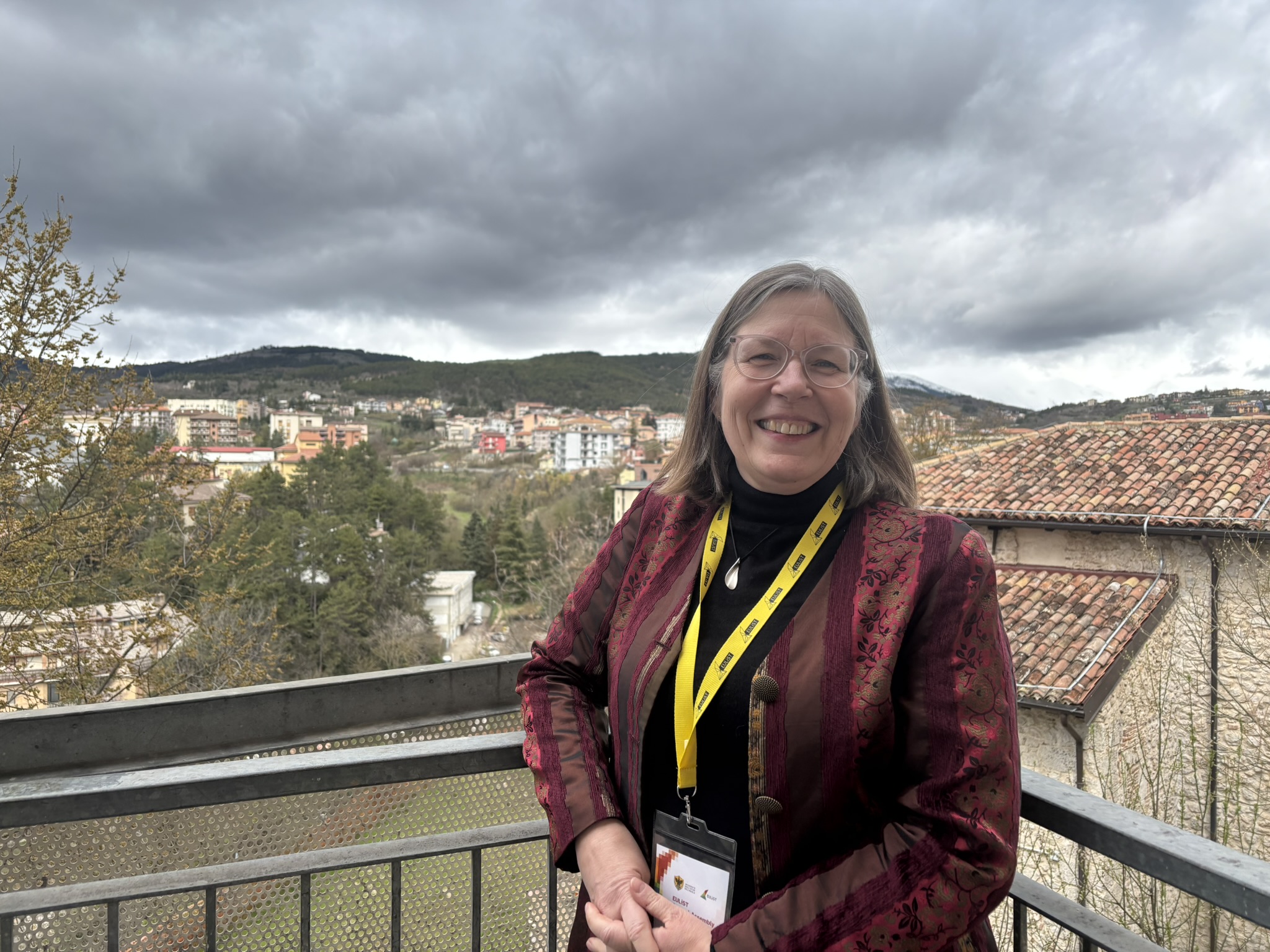An insight into the Early-Career Researchers Centre Work Package

Kerstin Johansen leads a Task Group within EULiST.
Kerstin Johansen is Associate Dean of Research at the School of Engineering (JTH) at Jönköping University (JU) and Professor of Integrated Product and Production Development at JTH. Within EULiST, she and a research colleague from L'Aquila, Italy, are Task Group Leaders for the Target Group called Early-Career Researchers Centre within the Work Package Research and Innovation. The Target Group's mission is to develop a virtual platform to support young researchers in their career development.
What does it mean to be a Task Group Leader?
“Together, we meet all partners' representatives in this group every month and discuss opportunities and challenges, as well as activities. Additionally, we contribute to a monthly report to the overarching EULiST project,” says Kerstin Johansen.
Which projects and deliveries are you currently involved in?
“There is a lot going on! Right now, we are planning a "pre"-conference for a global conference to be held in Madrid in November 2025. We are planning a virtual conference for doctoral students and post-docs who want to meet and discuss future opportunities in a structured way. We are further developing the concept for "Fridays For Research", which are joint webinars in the alliance around research,” says Kerstin.
There is a goal within the alliance to develop something called ERIA (EULiST Research and Innovation Academy). What is it about?
“As I see it, ERIA will be built up of several parts within our work package in research and innovation that focus on creating conditions to meet and find contacts within the alliance to be able to identify and develop good research applications and collaborations in the long term. It is about building a platform that supports collaboration within EULiST for research and innovation. My working group within the Early-Career Researchers Centre focuses on supporting career development for early-career researchers such as doctoral students and postdocs,” she answers.
How can researchers get involved in EULiST?
“The important thing now is that everyone interested in obtaining European research funding takes their own initiatives to find suitable research groups to collaborate with. All partners have similar requirements from their institutions. My advice to you who are engaged in research is to formulate an email and describe what contacts you are looking for or which research group you want to get in touch with. And from there, we will work together to move forward. Those of us in the EULiST research group at JU can help you find contacts,” says Kerstin.
In the process of getting to know each other and finding common interests in research, there are opportunities for mobility funded by ERASMUS+.
When we get as far as joint research applications, we apply for funding in the same way as before, for example through Horizon Europe and COST.
“Feel free to invite some researchers to visit your research group. One way to create some content at a first meeting can be to, with the help of our Grants Office, identify some calls from the EU that are relevant and contact people or research groups based on that content. Finally – don't sit and wait, take the initiative, everyone is looking for partners within EULiST right now – in a couple of years it may be more difficult to join groups within the alliance that have already been established,” Kerstin concludes.
